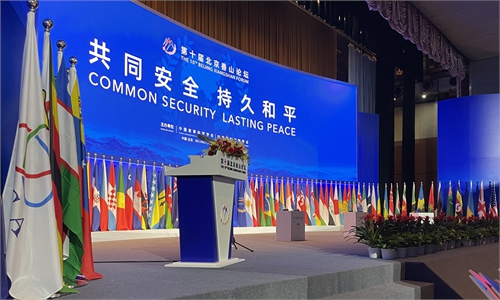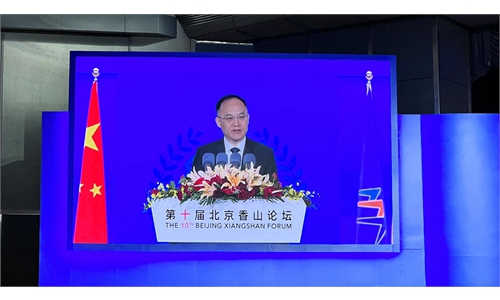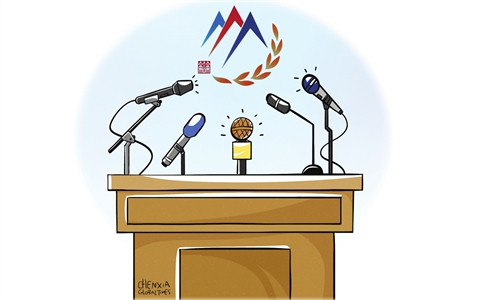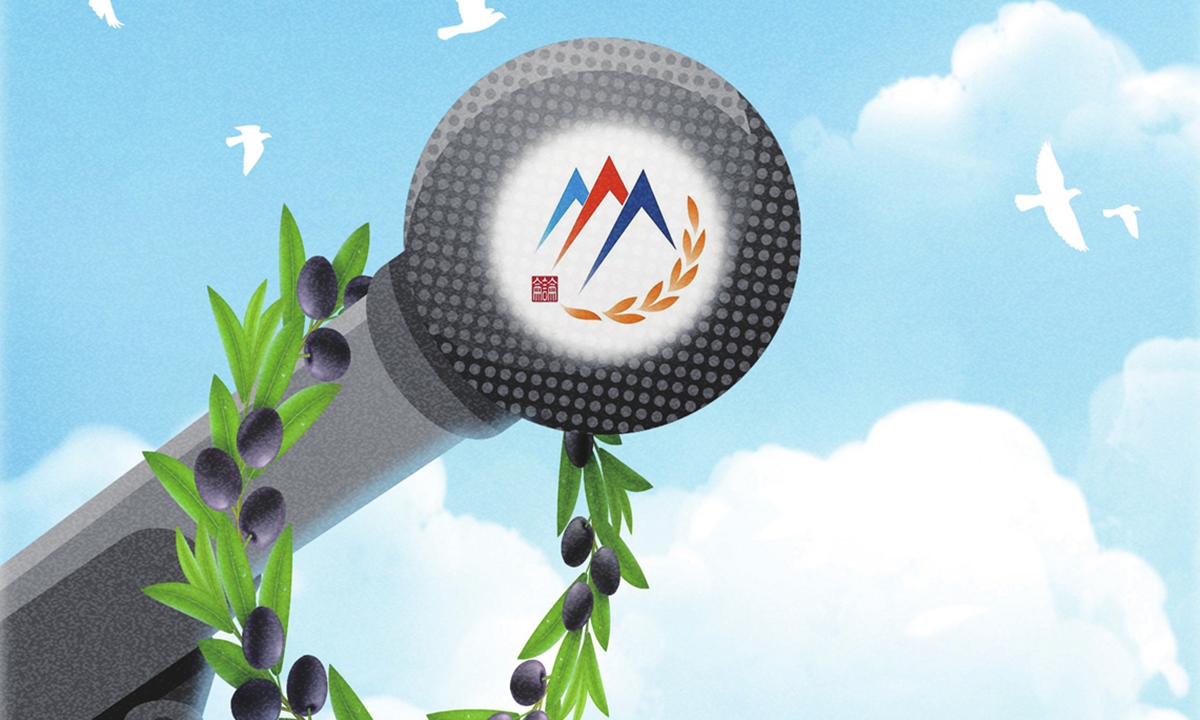
Illustration: Liu Rui/GT
The Art of War is a classical military treatise written by Sun Tzu during the Spring and Autumn period of ancient China, over 2500 years ago. It is the earliest and most famous military work in existence not just in China but in the world. It represents the most outstanding and glorious pinnacle of China's excellent traditional military culture, with profound influence on military thought in China and the world. To this day, many of its ideas have important guiding significance for contemporary China's national defense and military practice.In the first chapter, "Laying Plans," it is stated that "the art of war is of vital importance to the state. It is a matter of life and death, a road either to safety or to ruin." War is a major national affair that concerns the life and death of the people and the survival of the country. Therefore, China adheres to an independent foreign policy, pursues a path of peaceful development, promotes the building of a global community of shared future, and safeguards world peace. The country advocates resolving territorial disputes and maritime delimitation disputes between countries through peaceful means and refrains from using force if it doesn't have to.
There are no genes of aggression and hegemony in the Chinese nation. Since the founding of the People's Republic of China, over 70 years ago, China has not invaded any country or occupied an inch of foreign land. Through peaceful negotiations, China has completely solved the land border disputes with 12 out of its 14 neighbors. It has also reached an important consensus with relevant countries on maritime delimitation issues.
In the third chapter, "Attack By Stratagem," it is stated that "supreme excellence consists in breaking the enemy's resistance without fighting," which has become the highest realm of China's military strategic guidance. This is also reflected in China's pursuit of a national defense policy that is defensive in nature, as clearly stated in the amended National Defense Law. This is not only China's solemn commitment to the world but also a positive contribution to world peace and stability.
Such a defensive national defense policy has a rigorous and rich basic connotation. It aims to resolutely defend our national sovereignty, security and development interests. It adheres to the principle of never seeking hegemony, expansion or a sphere of influence, never engaging in an arms race and never threatening any country. Meanwhile, it serves the building of a global community of shared future.
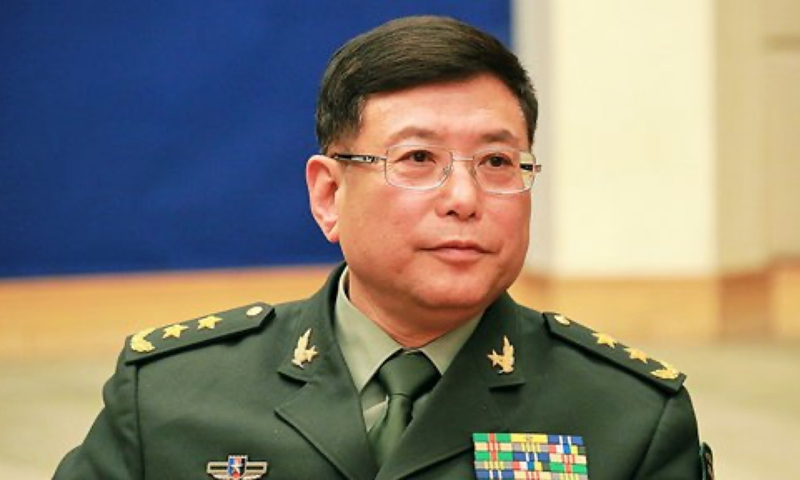
Lieutenant General He Lei Photo: Xinhua
Also in the first chapter, "Laying Plans," it is stated that the art of war is governed by five constant factors: The Moral Law, Heaven, Earth, The Commander, Method and discipline. Among the five factors, "The Moral Law," which emphasizes politics, is ranked first. When soldiers fight for justice, there will be a unity of purpose from top to bottom, and they will be brave and will not fear death. A just war will receive the support and endorsement of the vast masses of the people, and the people's war will be actively conducted.
China is the only major country among the permanent members of the United Nations Security Council that has not achieved complete reunification. The Taiwan region is an inseparable part of China's sacred territory. China must and will be reunified. This is the common aspiration of all Chinese people, including the residents in Taiwan region, and it is also an unstoppable historical trend that no force can obstruct.
Beijing's position on how to resolve the Taiwan question is clear and consistent. President Xi Jinping stated, "We will work with the greatest sincerity and exert our utmost efforts to achieve peaceful reunification. But we will not renounce the use of force, and we reserve the option of taking all necessary measures." This is targeted at "interference" by external forces and a "very small number" of "Taiwan independence" supporters rather than the vast majority of the Taiwan residents.
If Beijing is forced to use force to resolve the Taiwan question, it will be a war of reunification that occupies moral and legal high ground, a just war, a war that is supported and participated in by the Chinese people, and a war that crushes foreign interference. In this war, the Chinese People's Liberation Army (PLA) will not disappoint the expectations and trust of the Communist Party of China and the people. Under the unified command of our Party, the Central Military Commission of the Party, and the highest commander, the PLA will fight bravely and tenaciously, with the least casualties and losses and at the lowest cost, achieving a great victory and realizing complete reunification of the motherland.
If a war breaks out in the Taiwan Straits, it needs to be pointed out that the responsibility for provoking this war lies entirely with the Taiwan authorities, the "Taiwan independence" secessionists, and external interfering forces. After the war, Beijing will bring those hardcore Taiwan secessionists to justice and punish them severely.
The author is a PLA Lieutenant General and former vice president of the Academy of Military Sciences of the PLA. This is extracted from his speech during the 10th Beijing Xiangshan Forum on October 29. opinion@globaltimes.com.cn
